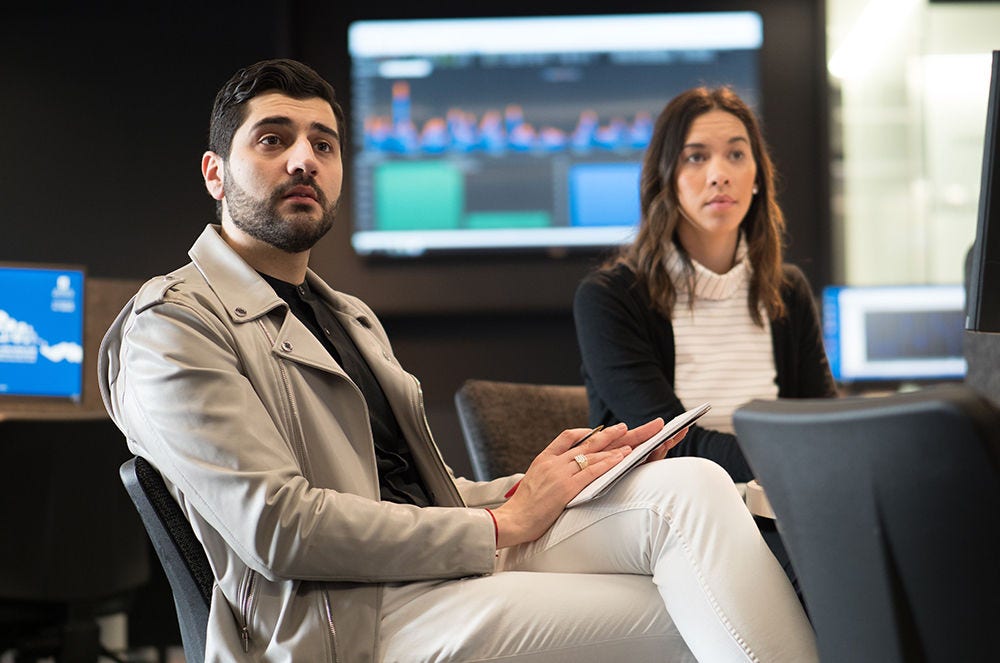Why Master of Economics and Resource Policy?
Develop the specialised skills to analyse economic data that address complex issues – including unemployment, poverty and environmental sustainability. Interpret information that shapes government policies and changes lives.
Our Master of Economics and Resource Policy degree develops strong quantitative skills and explores real-world issues. What factors lead to a drop in employment? What drives inflation and how will it affect people? You’ll learn to dissect choices made by individuals, governments and businesses - and the repercussions. With your specialisation in Economic Analysis, you’ll have expertise in using advanced analytical methods and reasoning, consistent with the role and functions of a professional economist. Designed to enhance your employability, you’ll unlock careers across a range of industries, including healthcare, technology, energy and natural resources, financial services and government.
Overview
As an Economic and Resource Policy student specialising in Economic Analysis, you’ll develop deep discipline knowledge of economics with a strong focus on analysing complex economic data and issues.
You will explore topics in economic principles, global food and agricultural markets, principles of international trade and development and cost-benefit analysis. These courses will introduce you to key economic principles, theories, methods, policies and disciplines.
As part of your specialisation in Economic Analysis, you’ll build advanced analytical skills specific to the world of economics. Learn about micro- and macroeconomic theory - economic behaviours of consumers, businesses and workers, and examining big-picture issues like unemployment and inflation. Dive into how individuals and groups make economic decisions under different conditions and incentives. Develop the skills to analyse economic data, test economic theories, investigate real-world problems and identify strategic opportunities.
Build practical skills with a research project in your final year, tailored to your career aspirations. You’ll be equipped to work across diverse sectors including public service, industry, consultancies, not-for-profits or private business, or continue with studies to a PhD.








